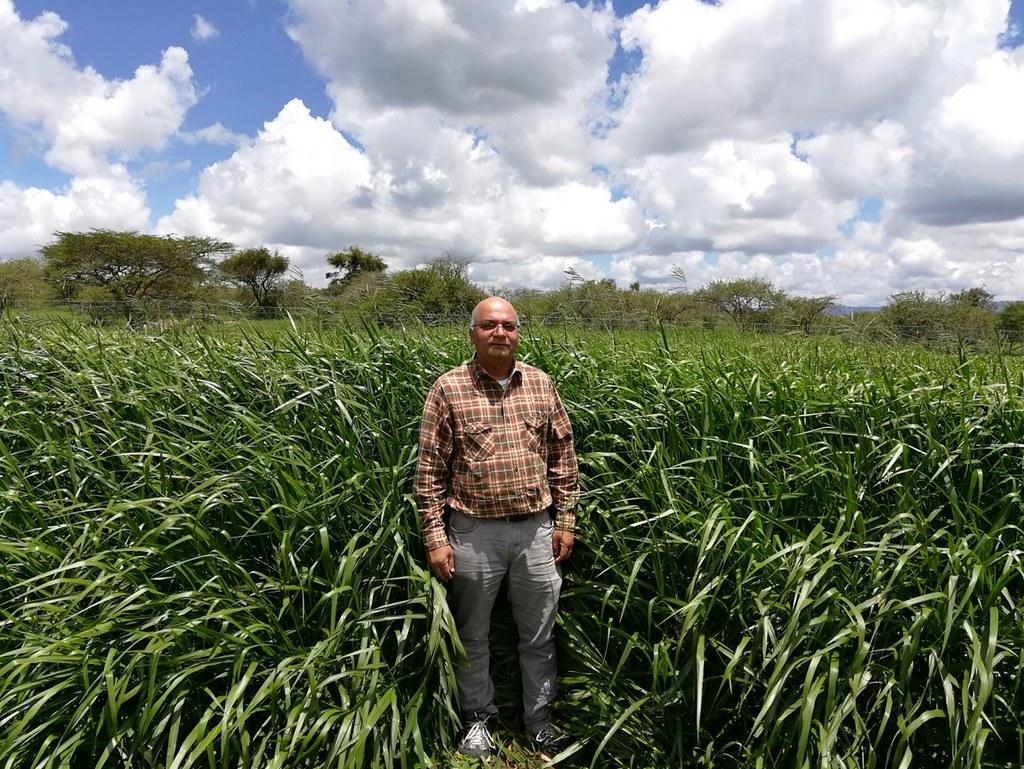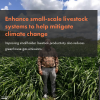
Enhance small-scale livestock systems to help mitigate climate change
Improving smallholder livestock productivity also reduces greenhouse gas emissions.
Core message
Facts
Implementing interventions that improve livestock productivity, such as feeding animals better, improving pasture management and raising animals with higher productivity, can significantly reduce the amount of greenhouse gases emitted per unit of meat or milk livestock produce.
Accurate local data on greenhouse gas emissions from livestock in developing countries confirm that improving livestock productivity offers significant climate change mitigation potential.
Basic improvements in the productivity of world’s smallholder livestock systems could reduce greenhouse gas emissions from livestock by as much as 30%.
Although livestock are responsible for a significant share of agricultural greenhouse gas emissions, the world’s food-producing animals possess large potential to help mitigate climate change through a reduction in their ‘emissions intensities’ and through greater sequestration of carbon in soils.
Actions
Increase the livestock productivity of the world’s small-scale farmers and herders, which in turn reduces the climate-warming greenhouse gas emissions of their stock.
Ensure that climate change mitigation policies aim directly to enhance the efficiency of small-scale livestock production systems.
Channel funding to increase farmer and herder adoption of livestock technologies appropriately suiting their contexts and increasing their livestock productivity.
Encourage use of biogas digester plants on small dairy farms to reduce greenhouse gas emissions from manure.

